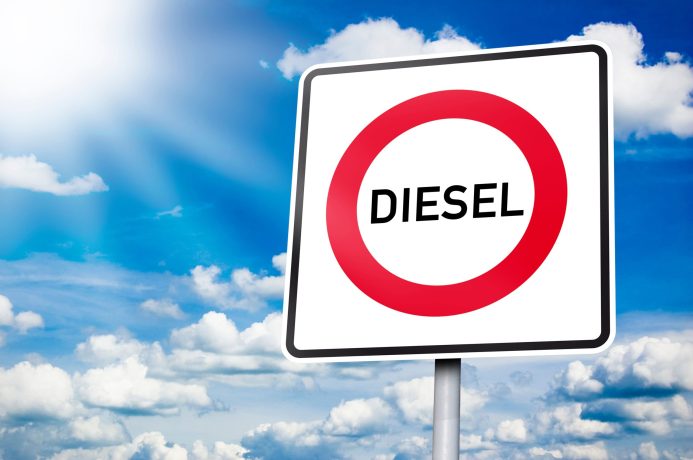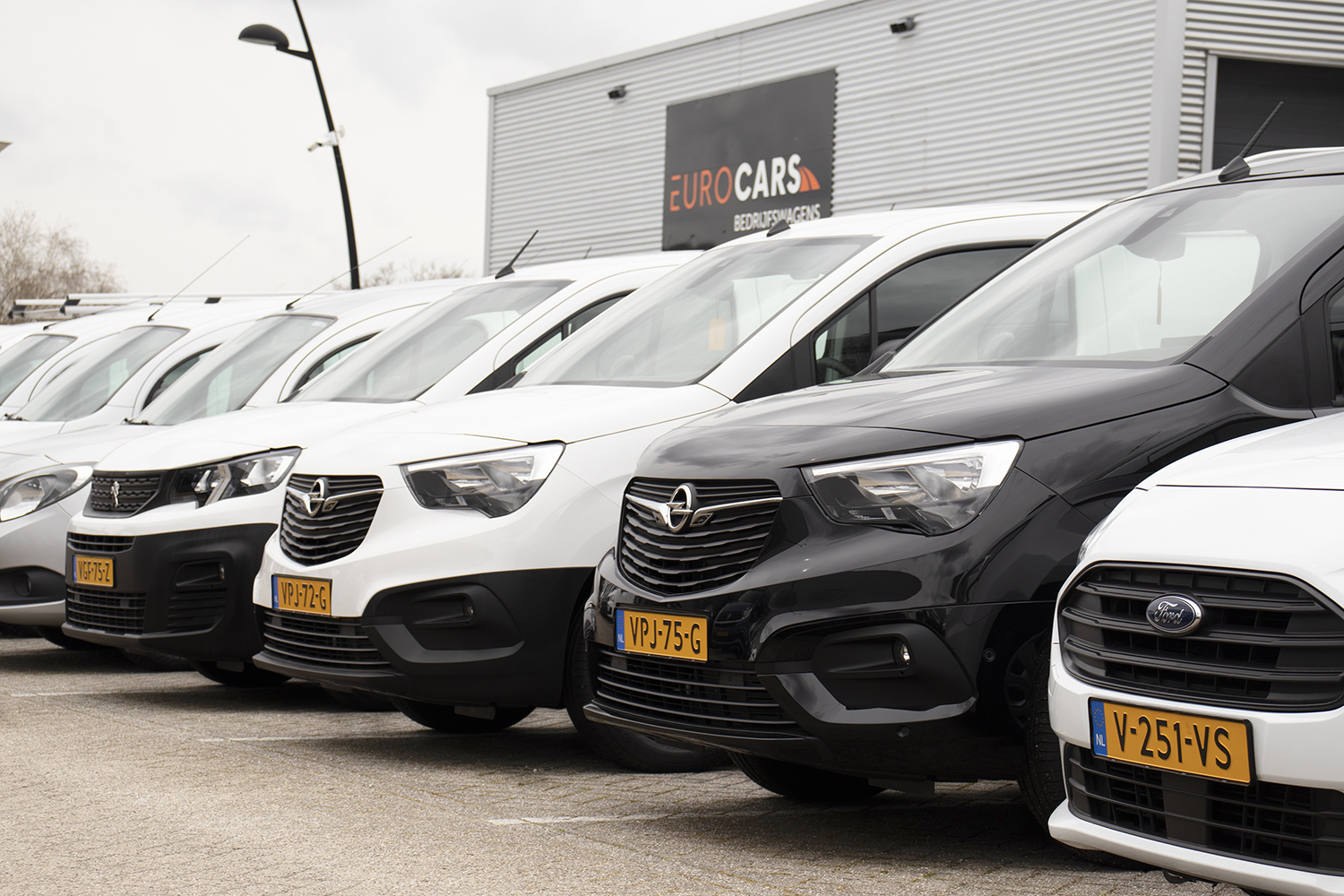
The introduction of zero-emission zones from 2025
In order to further reduce the impact of vehicles on the climate and air quality, the government is taking more and more measures. One of these measures, which will come into effect from 2025, is that Dutch municipalities will be allowed to introduce zero-emission zones from 2025. In this blog we explain what zero-emission zones are, where they will be introduced, which transitional arrangements apply and how Eurocars Bedrijfswagens can support in these changing circumstances.
What is a zero-emission zone?
A zero-emission zone (ZE zone) is a specific area within a municipality where commercial vehicles and trucks with a combustion engine do not have access. This area includes at least the city centre and the surrounding neighbourhoods. The aim of these zero-emission zones is to improve air quality and liveability within cities and to reduce the impact on the climate by limiting the emission of harmful substances. This is achieved by only allowing electric commercial vehicles or hydrogen-powered commercial vehicles in these zones, or emission-free commercial vehicles and trucks.
The introduction of zero-emission zones may have consequences for various businesses. Entrepreneurs who rely on diesel or petrol vehicles and operate in these areas will have to adapt to these new regulations by investing in zero-emission vehicles, such as electric or hydrogen-powered commercial vehicles.
Where will these zero-emission zones be introduced?
At the moment, there are 29 Dutch municipalities that have the ambition to establish a zero-emission zone or have even already taken the decision to establish one. The following municipalities want to establish a zero-emission zone as early as 2025: Amersfoort, Amsterdam, Apeldoorn, Assen, Delft, Den Bosch, The Hague, Deventer, Eindhoven, Groningen, Haarlem, Leiden, Maastricht, Nijmegen, Rotterdam, Tilburg, Utrecht and Zwolle. In addition, there are plans to establish zero-emission zones not only in the Netherlands, but also in other European cities.
Transitional arrangement
To give companies and entrepreneurs the opportunity to adapt to the new regulations, various transitional arrangements are in force. The following rules apply:
- All commercial vehicles registered from 1 January 2025 must be emission-free in order to enter the zero-emission zone.
- Commercial vehicles with an emission class of 4 or lower do not have access to zero-emission zones.
- Commercial vehicles with emission class 5 have access to zero-emission zones until 1 January 2027.
- Commercial vehicles with emission class 6 have access to zero-emission zones until 1 January 2028.
In some cases, exceptions are made, even if your company car does not actually have access to the zero-emission zones according to these rules. These are called exemptions and waivers. An exemption is linked to a license plate and is automatically granted, while you will have to apply for an exemption yourself. Both exemptions and waivers are valid until 1 January 2030. To qualify for an exemption with a company car, you must meet one of the following conditions:
- Your vehicle is over 40 years old.
- You have a wheelchair accessible vehicle.
The following exemptions apply to commercial vehicles that are not exempt:
- Day exemption: a day exemption is granted for the duration of 1 day, from 00:00 to 06:00 the following day. You can apply for a maximum of 12 day exemptions per vehicle, per municipality and per year. It is possible that a lower limit will be used for the emission class of the vehicle.
- Exemption for private property: the municipalities are looking into how private individuals with a company car for private use can be exempted.
- Exemption due to long delivery times: You can get an exemption if you have ordered a new zero-emission vehicle with your order confirmation, to bridge the waiting period.
- Exemption in connection with impending bankruptcy: if you get into direct financial trouble by purchasing a zero-emission vehicle, an exemption can be granted. You will have to prove this with recent annual accounts.
- Exemption if there is no emission-free alternative: if there is no emission-free alternative for your vehicle yet, an exemption can be granted.
Switch to electric without penalty
These announced measures require significant changes in your fleet. A logical step is to invest in zero-emission vehicles. However, at Eurocars Bedrijfswagens we understand that not all entrepreneurs are ready for the switch to electric and that dealing with these changes can be challenging. For this reason, we have developed our financial lease contract, in which we support and relieve entrepreneurs in the transition to electric.
If you conclude a financial lease contract with Eurocars Bedrijfswagens, you can trade in your company car for an electric company car without penalty in the coming years, whenever it suits you. We will then conclude a new lease agreement with at least the same term as your current contract. This means that you do not have to incur any additional costs when switching to an electric vehicle. Read all about it in our blog.
Conclusion
The introduction of zero-emission zones from 2025 in various Dutch municipalities will have a major impact on entrepreneurs and their fleet. Switching to an electric company car is the logical choice, which will prepare you for the new regulations and the future. Are you ready for the switch? Then take a look at our range of electric commercial vehicles.
The benefits of Eurocars Commercial Vehicles
- No annual figures required
- Buy online: not satisfied, money back. So no worries if the company car doesn't suit you after all!
- Free home delivery throughout the Netherlands with online purchases

